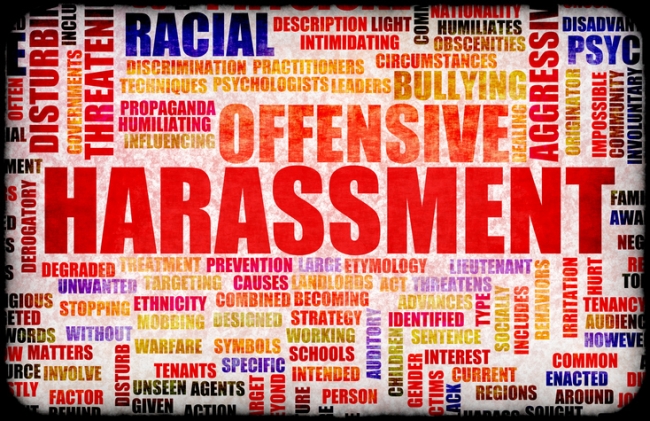You have /5 articles left.
Sign up for a free account or log in.

kentoh/iStock/Getty Images Plus
Abortion is on the ballot in South Dakota. Insulin prices were a key issue in the June debate between Biden and Trump. The U.S. Surgeon General declared gun violence a public health crisis, and the Florida governor called the declaration a pretext to “violate the Second Amendment.”
In an intense presidential election year, the issue of anti-science harassment is likely to worsen. Universities must act now to mitigate the harm of online harassment.
We can’t just wish away the harsh political divisions shaping anti-science harassment. Columbia University’s Silencing Science Tracker has logged five government efforts to restrict science research so far this year, including the Arizona State Senate passing a bill that would prohibit the use of public funds to address climate change and allow state residents to file lawsuits to enforce the prohibition. The potential chaos and chilling effect of such a bill, even if it does not become law, cannot be understated. And it is just one piece of a larger landscape of anti-science legislation impacting reproductive health, antiracism efforts, gender affirming healthcare, climate science and vaccine development.
Doctors Anthony Fauci and Peter Hotez may be the most recognizable faces of this issue of anti-science aggression. But countless other researchers have experienced similar threats and harassment. Cases may go unreported because this treatment has been normalized as just part of the job. Or because employers do not proactively offer support to respond to online harassment. Or because researchers from underrepresented backgrounds may already experience discrimination and harassment from within their universities.
I created a digital safety kit for public health researchers facing online harassment earlier this year, and I’m used to speaking about online harassment, including tactics such as doxxing and cyberstalking. But in my workshops, largely with Black and Brown and LGBTQ+ researchers, the conversation is different. We don’t speak about online harassment as a potential threat. We speak about it as an ongoing harm. It’s happened before. It’s happening now. And it’ll happen again. It’s clear universities need to do more to protect and support all researchers, but especially those from underrepresented backgrounds, as they may face an additional layer of harm in the form of identity-based anti-science harassment.
I often hear that universities don’t know where to start in the face of online harassment. I say: Ask the people currently experiencing harassment. My workshops include brainstorming sessions for university support options. Financial options include sponsored accounts for personal data deletion services like DeleteMe. Social-emotional options include targeted mental health services for researchers receiving identity-based harassment. Workforce options include employing a communications officer to monitor for disinformation campaigns that might escalate into harassment campaigns. Technical options include drills to rehearse IT and departmental responses to realistic scenarios such as the doxxing of graduate students.
Amid the doom and gloom, there are some promising signs of change. Climate scientist Michael Mann won a million dollar defamation case against commentators spreading disinformation about his work online. The Johns Hopkins University Bloomberg School of Public Health launched the FlagIt report and response system through which researchers can report incidents of online harassment for prompt investigation and find institutional resources and personal support.
We need more such support to do our jobs in spite of the risks. Yes, we need more data collection to understand the scale of the problem. And yes, we need more research to find the most effective solutions. And, of course, we must address underlying political divisions. But we need support from universities to continue doing our jobs right now.








